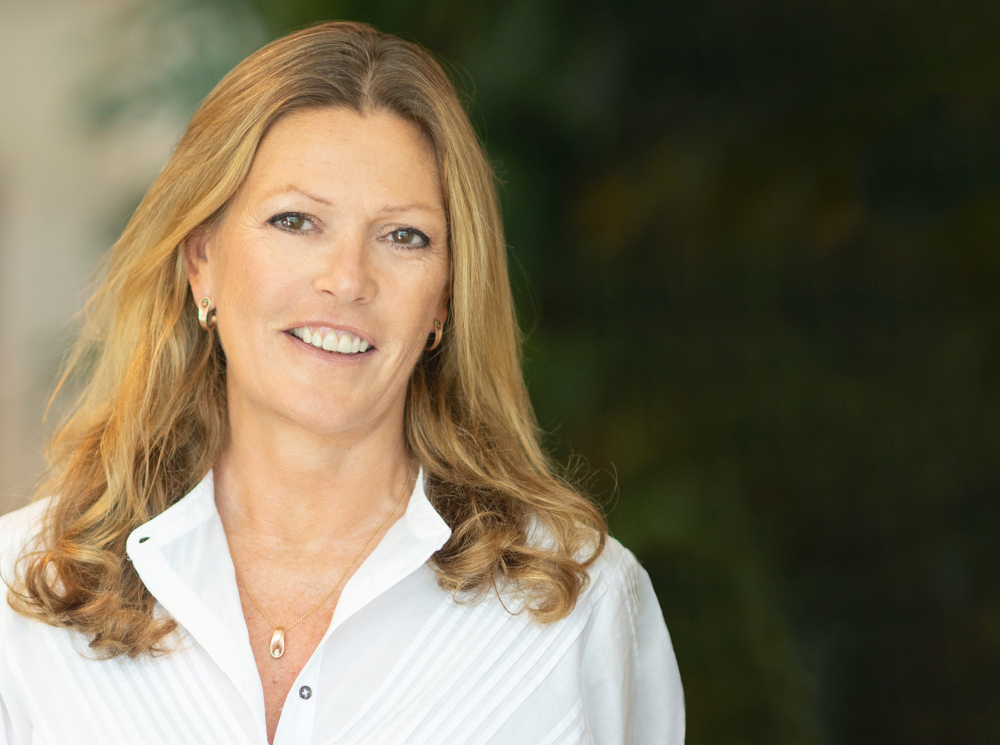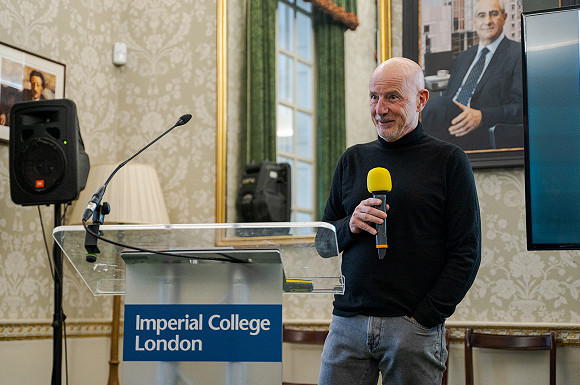03/03/2020
Dr. Patricia Turner — “I believe that conserving biodiversity is not a luxury but a survival imperative”

Our co-founder, Patricia Turner, gives an interview on biodiversity, philanthropy and the new Turner Fellows programme at the Cambridge Conservation Initiative that she is spearheading.
My aim is to improve the impact of giving by being strategic about where it is focused and to act as a catalyst for innovative solutions to specific challenges. My focus is on practical solutions to biodiversity problems through research, collaboration and an interdisciplinary approach.
I have six guiding principles regarding investment in specific charities, projects, or institutions:
It is a very critical time and we need to act now. We urgently need to raise awareness of the biodiversity crisis and transform global understanding through the integration of research, practice, and policy from a multi-disciplinary perspective.
My goal is to foster cross-discipline collaboration and to integrate diverse areas of expertise across science, policy and practice. In this regard, CCI, as a unique collaboration between the University of Cambridge and world-leading biodiversity conservation organisations, fits with my strategic goals. It is also timely: for example, the 2020 UN Convention on Biological Diversity will be a high-profile opportunity for CCI and the Turner Fellows. Potential collaborations may be concerned with China’s concept of Ecological Civilisation, enshrined in the national constitution (2012), which aims to reconcile contradictions between rapid economic development and the environment, the implementation of which presents a significant challenge. Further collaborations will involve linking nature, climate and sustainable development, for example, aligning the objectives of nature conservation with those of the Paris Climate Agreement.
Partnerships with other interdisciplinary researchers within the University, such as Global Food Security and the Cambridge Zero carbon neutral futures initiative will put the University in a strong position to co-design and implement nature-based solutions to climate change globally. Similarly, CCI’s work with the World Economic Forum will build on efforts of the international community to integrate nature, climate and sustainable development.
“To be effective as a philanthropist and to make a significant impact, I believe you need to understand as fully as possible the areas in which you work, to take risks and to be prepared to fail, in order to develop the best way forward.”
I grew up in rural north Northumberland and as such have always been surrounded by animals and nature, inspiring a life-long love of the natural world. However, my interest in biodiversity is much broader than a love of iconic species and beautiful landscapes — it is because I believe it is the most critical challenge facing us today.
I have an undergraduate degree in zoology, with a specific interest in conservation, animal behaviour and ethology. I began my PhD research in the Department of Zoology, here in Cambridge at the sub-department of Animal Behaviour, where I developed a passion for Africa and its wildlife through research visits and inspirational colleagues. However, under the direction of the eminent ethologist Professor Sir Robert Hinde, FRS, I transferred to the study of child emotional, social and cognitive development from an ethological, evolutionary and cross-cultural perspective. This multidisciplinary approach underpinned both my research career and my current focus on philanthropy.
To be effective as a philanthropist and to make a significant impact, I believe you need to understand as fully as possible the areas in which you work, to take risks and to be prepared to fail, in order to develop the best way forward.
Biodiversity is the most complex feature of the planet and the most vital. The huge global biodiversity losses now becoming apparent represent a crisis equalling or even surpassing climate change, and preserving biodiversity is critical to the survival of humanity. Each species on the planet plays a role in the healthy functioning of natural ecosystems and all are mutually dependent. Thus, I believe that conserving biodiversity is not a luxury in our times but a survival imperative.
Universities need to lead the way by demonstrating the difference that research and education can make across the world, and they have a significant role, not only in the scientific work that they do, but in bringing their expertise and knowledge to the attention of and benefit to the wider community.
The Fellows have been selected from a diverse range of sectors, including law, finance, policy and NGOs and will bring a unique perspective to particular challenges. I hope they will be able to take full advantage of the collaborations and opportunities that arise to maximise their impact and the impact of the programme overall and help to integrate conservation into the heart of mainstream policy and business. It is an important component of the programme that the funding is unrestricted and that CCI and the fellows themselves will determine how best to use the donation so that the funds have the greatest impact. I am confident they will use it wisely.
As this is the first collaboration of its kind, the exact trajectory is as yet unknown, but I hope it will be a powerful mechanism for transformative, sustainable change.
Turner Fellows will be drawn from a diverse range of sectors, including law, finance, policy, and NGOs. They will reside in Cambridge during their tenure, working with CCI partners in the David Attenborough Building. Through the Turner Fellowship Programme, CCI will be able to amplify and scale cross-sectoral collaboration, integrating the recovery and stewardship of nature into mainstream business, policy and civil society.
The Cambridge Conservation Initiative (CCI) is a unique collaboration between the University of Cambridge and leading internationally-focused biodiversity conservation organisations clustered in and around Cambridge, UK. It represents a critical mass of expertise — on a scale unparalleled anywhere in the world — at the interface of research and education, policy and action, for the conservation of biodiversity and ecosystems and exists to deliver transformational approaches to understanding and conserving biodiversity and the wealth of natural capital it represents.

